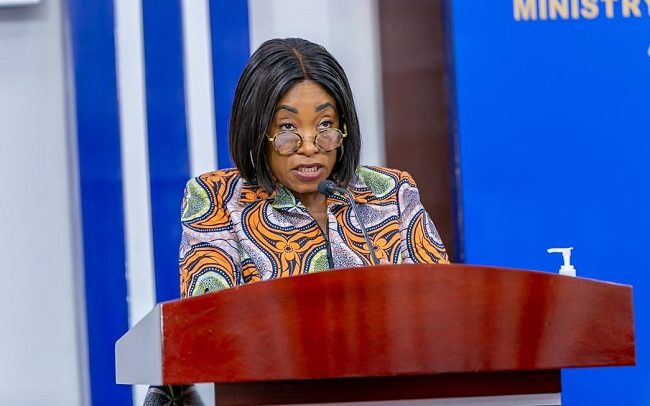Shirley Ayorkor Botchwey
Minister for Foreign Affairs and Regional Integration, Shirley Ayorkor Botchwey is advocating for urgent international action in response to the humanitarian crisis happening in some parts of Africa as a result of food insecurity.
The crisis, which has been brought by the Covid-19 pandemic, has been exacerbated by the conflict in Ukraine are said to be biting hard in Africa.
Ms Ayorkor Botchwey is therefore calling for the global action which must also build resilience for the future.
She made the call when she participated in a Global Food Security Call to Action meeting at the United Nations Headquarters in New York.
According to her, “The call for action on global food security is crucial and timely. A global food crisis triggered by the COVID-19 pandemic and its supply chain impact is being aggravated by the ongoing war in Ukraine. The ramifications indeed go beyond our food systems, entire economies have been disrupted with millions and millions experiencing severe economic hardships under conditions that threaten the stability of national life.”
According to her, there was a need for a global plan that ensures a well-sequenced, timely, systematic, and comprehensive response to the ongoing food crisis and also supports Africa’s common position for sustainable food systems.
The Minister said strengthening and broadening partnerships in agricultural research and education, provision of inputs such as fertilizers and seeds, and good agricultural practices could go a long way in tackling food insecurity.
She further stated that the urgent need to build the resilience of vulnerable countries in West Africa and the Sahel against drought and desertification for the reversal of the devastating effects of climate change on food production.
The meeting, which was chaired by the United States Secretary of State, Antony Blinken was attended by Foreign Ministers from about 30 regionally diverse countries to review the surging global humanitarian and development needs and identify steps to address food insecurity, improve nutrition as well as build resilience for the future.
By Vincent Kubi


